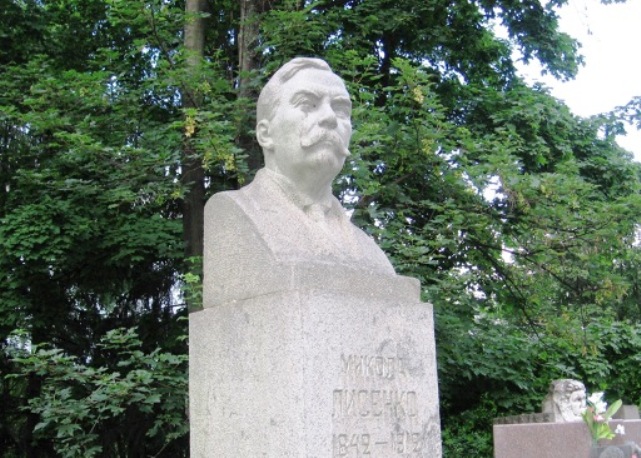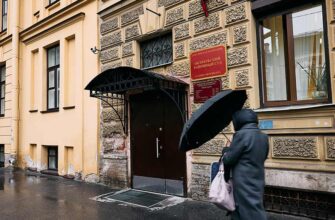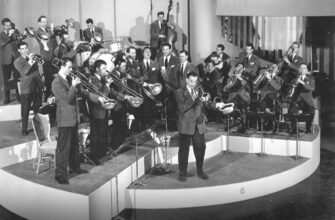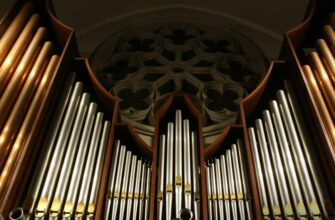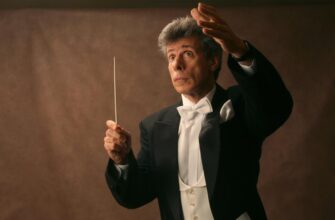On March 22, 1842 was born an outstanding figure of Ukrainian musical art Mykola Lysenko. 2017 year marks 175 years since the birth of the composer.
The love of native culture
Nikolai (Mykola) Lysenko (1842-1912) is one of the outstanding figures of Ukrainian culture. Composer, conductor, pianist, teacher, folklorist — the activities of Lysenko multifaceted and encompassed not only the art of music. The first of the composer’s education was received at the Department of natural Sciences of Kiev University, and a year after graduation he was awarded the degree of candidate of natural Sciences.
Passion of Nicholas in music and, more broadly, culture has been visible since early childhood. Parents of the future composer were people wealthy enough and educated: father — Colonel of the regiment the Order, the mother devided from Poltava landlords. Training of Nicholas passed at home. The mother learned the son the French language, rules of etiquette and dance, and learning the Russian language was given to the jurisdiction of the famous poet Athanasius Phet. When a boy was 5 years old for him was invited a music teacher.
Love of Lysenko to Ukrainian folk songs and works of Taras Shevchenko follows his entire life, but it has origins in childhood. It is a merit of Phet too, and of the environment of the future composer, who loved Ukrainian songs and fairy tales. Despite the fact that the education of Nicholas, like most of his peers from noble families, passed in the ancient Russian tradition, the boy well knew and loved his native country and its culture.
During the years of study at Kharkiv gymnasium Lysenko continued to take private music lessons and was treated for the talent of the pianist. The desire to strengthen his musical achievements and to translate them into grade professional came to Lysenko after 3 years of graduation. The future composer successfully passed the entrance test in one of the most prestigious conservatories in Europe — in Leipzig, where among his teachers we find outstanding figures of musical art of the time: pianists K. Reynard and I. Mosheles, a theorist E. Richter. It is important to note that training in Europe has not eclipsed the interest Lysenko the national culture of Ukraine, but only strengthened it. Upon returning home, Nicholas was eager to write and to develop Patriotic music. After graduating from the Leipzig Conservatory, he also completed a course in instrumentation in St. Petersburg from N. Rimsky-Korsakov.
Heritage
Analyzing the life and work of Mykola Lysenko, it is impossible to choose any one path, however, he was given more. Equally Lysenko left a significant contribution in various fields of musical art of Ukraine. His contributions had truly revolutionary meaning: when the Ukrainian identity was not supported by power, Lysenko’s every step claimed identity of Ukrainian culture.
His name appears in the annals of Ukrainian history as the founder of Ukrainian classical music. In the composer’s Opera based on the works of Ukrainian writers, including “Taras Bulba”, “Drowned” by Gogol, “Natalka Poltavka” by Kotlyarevsky. Lysenko created the national genre of children’s Opera based on Ukrainian fairy tales.
An important place in the works of Lysenko takes choral music to the words of Ukrainian poets and spiritual texts. It is important to note “choral travels” of the composer, in which he presented choirs and folk songs of Ukrainian cities.
An important page in the life of Lysenko associated with music education. In 1904 he founded the Musical-dramatic school in Kyiv, which first provided education for bandura — Ukrainian folk instrument. Subsequently, this institution was named after its founder — Nikolay Lysenko.
The music and achievements of Mykola Lysenko remain significant even after 105 years after his death in 1912. And his references to the status of Hetman (approx. the commander of the Cossack army), the Ukrainian culture is relevant in our days.
